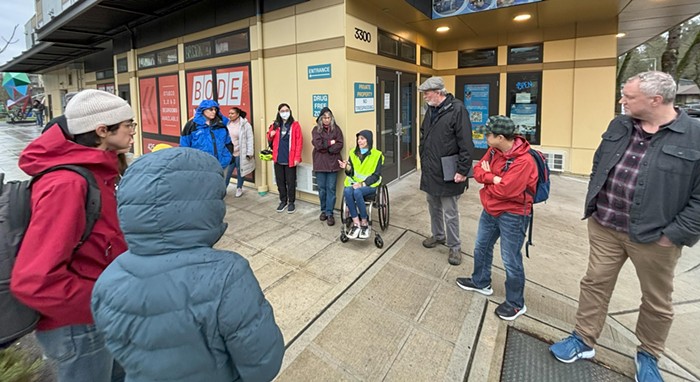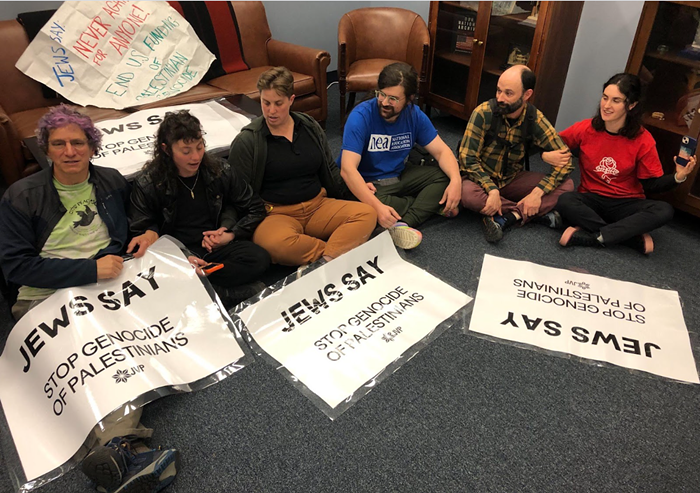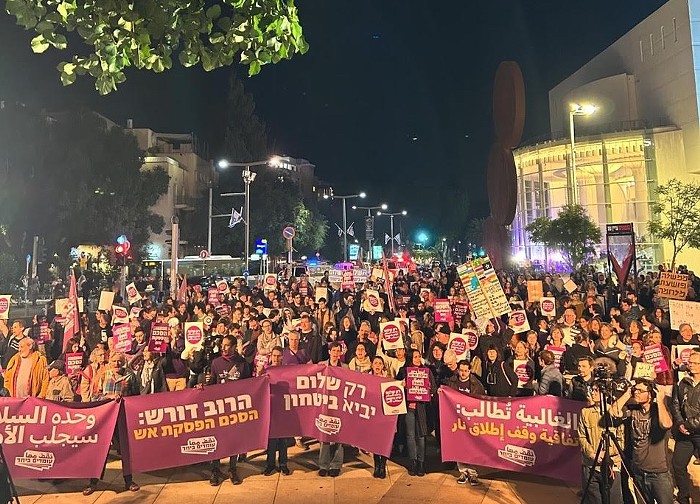I’m a renter in the 43rd Legislative District, where 72% of residents are also renters. I’m also the executive director of Futurewise, a statewide organization working on progressive land use policy. As a renter and as the leader of a pro-housing organization, I’m calling on the Washington State Senate to pass HB 2114 to stabilize rents for tenants.
Futurewise has worked for years to increase Washington’s housing supply. We led campaigns to pass Seattle’s Housing Affordability and Livability Agenda from 2016-19, championed a complete overhaul of housing requirements in comprehensive plans (HB 1220 passed in 2021), and fought for missing middle housing options in cities across the state (HB 1110 passed in 2023). We’ve also led work to remove barriers to construction of new housing in Seattle, like removing parking requirements for new development (2019) and reforming the design review process to streamline construction of affordable housing (2023).
The tools that are in Futurewise’s core wheelhouse, the planning and land use systems we work in, are best suited to address housing supply. But academic research tells us that to fully address our housing crisis, we need a more comprehensive strategy that combines supply strategies with subsidies and stabilization policies. Futurewise believes that rent stabilization is a crucial component of a comprehensive housing affordability strategy for Washington state, complementing our existing efforts to increase housing supply.
Tenants need predictability now, but supply-based strategies will take years to affect prices because it takes time for new buildings to be built. If rents spike while we wait for this new housing, current residents will be displaced before they see any benefits from more housing supply. Additionally, at a statewide or regional level, supply brings down prices; but at a neighborhood level many tenants are worried about gentrification when fancy new buildings are built near their homes. Rent stabilization policies help mitigate that concern because, even if a new building makes a neighborhood more fashionable for wealthy people, existing tenants are protected from big spikes in their rents. This also helps reduce political opposition to new construction.
HB 2114 is a smart policy that will cap rent increases at 7%, increase notice periods for rent increases, and limit expensive move-in fees and security deposits. HB 2114 specifically recognizes the need to continue to increase our overall housing supply: that’s why new buildings are exempted from the policy for the first ten years to ensure that developers can rely on rents to cover the costs of new development.
Opponents of the bill point to failed policies in other cities, particularly San Francisco. I agree that San Francisco is a scary example of a housing market gone horribly wrong (I used to live in the Bay Area and experienced this personally), but Futurewise believes that dysfunction is mainly about restrictive permitting and zoning.
To start, San Francisco’s rent stabilization policy coincided with a downzone in 1978 in multi-family neighborhoods that reduced the development capacity of the city by about 180,000 units, limiting the development of new rental units. From 1990 to 1999, San Francisco’s housing production averaged 963 new homes per year, from 2000 to 2009 production averaged 2,302 homes per year, and from 2010 to 2019 it averaged 2,590 homes per year.
San Francisco also faces a multitude of obstacles to construction in the permitting process. Projects have to secure 87 different permits. Just the entitlement phase of the permitting process takes a year and a half, and then you have to start the building permit process. Many steps in this process are discretionary, meaning that the city can change the requirements mid-process and send a developer back to the beginning. This is indeed a cautionary tale, but it’s not about rent stabilization.
We can and must stabilize rents and build a lot more housing. Washington State has the opportunity to lead the way.
Alex Brennan is the executive director at Futurewise and a resident and renter in the 43rd Legislative District. He holds a Masters of City Planning from the University of California, Berkeley.



















